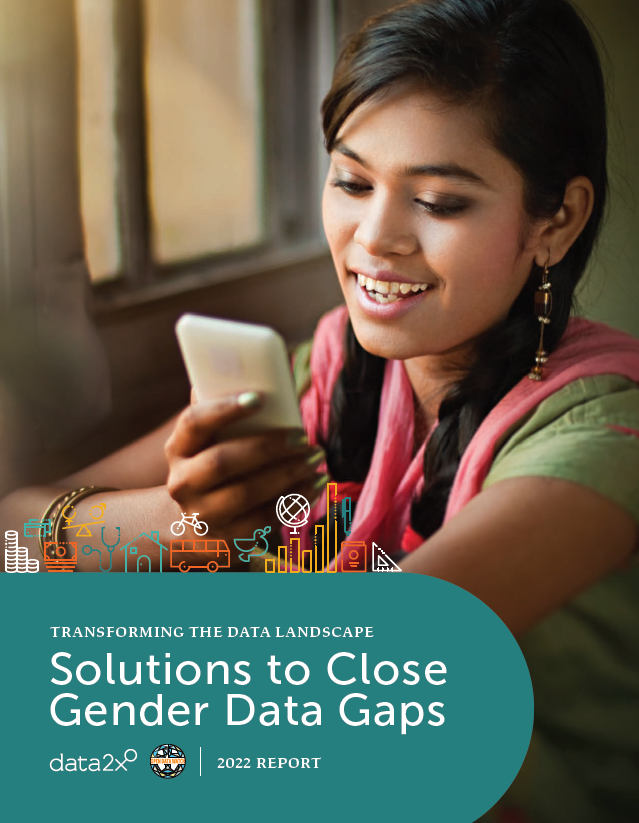-

Transforming the Data Landscape: Solutions to Close Gender Data Gaps
Despite decades of investment in promoting gender equality, gender data gaps continue to impede understanding of the lived experiences of…
-
Global Financial Inclusion Survey (Global Findex)
Financial inclusion is on the rise globally, yet women remain 9 percentage points less likely than men to have a…
-
World Population and Housing Census Database
This database shows census results – a key source of gender data.
-
Demographic and Health Survey Program
This database provides data from over 400 demographic and health surveys.
-
International Monetary Fund (IMF) Financial Access Survey
This database is a key source of global supply-side data on financial inclusion.
[ajax_load_more post_type="post" year="2019" month="5" offset="5" button_label="Load More" pause="true"]
